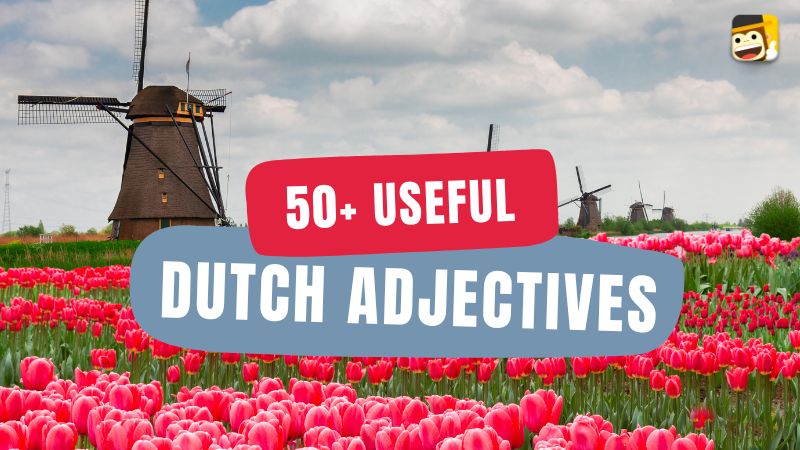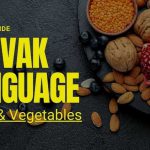Adjectives, or ‘adjectieven‘ in Dutch, are integral to any language. Adjectives describe a noun, and we use them in almost every sentence (subconsciously or not).
Dutch adjectives deliver the zest and spice to make the language descriptive and beautiful. Without them, sentences would be bland and unable to convey the whole spectrum of the human experience.
Think of your favorite novel or song. The imagery evoked most certainly uses adjectives, which makes language so magnificent. Because it stirs emotion in us only through words!
Grammar is tricky in all language-learning processes. The reason Dutch grammar is challenging is because the adjective can change due to the gender of the noun, which article is used (there are three total), and whether it’s singular or plural.
Knowing adjectives in a language will move you closer to native speaker status. If you wish to learn how Dutch adjectives work, pay close attention and keep reading!
How Do Adjectives Work In Dutch Grammar?
Like English, the adjective comes before the noun in Dutch.
Examples:
English – The big house.
Dutch – Het grote huis.
How Dutch Adjectives Change With Articles
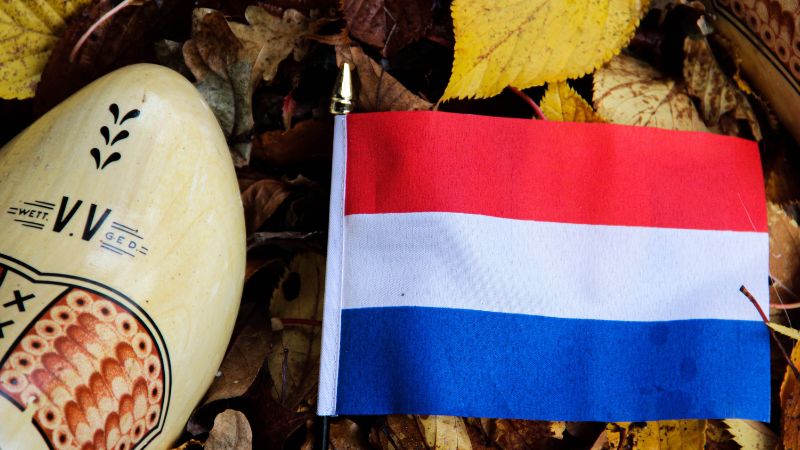
In the Dutch language, there are three articles: ‘een’, which means ‘a’, and ‘de’ & ‘het’, which both mean ‘the.’
Feminine and masculine nouns use ‘de’, while ‘het’ is used for neutral nouns. In the example above, ‘huis’ (house) is a neutral noun, which is why the article ‘het’ was used.
The adjective changes slightly when ‘het’ (the) is used as the article instead of ‘een’ (a).
Let’s look at the same example, except with ‘een.’
English – That is a big house.
Dutch – Dat is een groot huis.
The difference is that the adjective ‘grote’ (big) changes its spelling when used with ‘een’. When you’re using an adjective with the particle ‘het’ (the), you add an -e at the end.
That is a big house = Dat is een groot huis.
The big house = Het grote huis.
Important: This change only occurs for neutral nouns.
How Dutch Adjectives Change With Gender Of The Noun
The adjective spelling changes do not occur with feminine or masculine nouns.
For example, let’s say a woman is beautiful. The adjective doesn’t change no matter what article you use.
Examples:
A beautiful woman = Een mooie vrouw.
The funny woman = De mooie vrouw.
In both cases, we use the adjective ‘mooi’ (beautiful) and add an -e at the end.
*The same rule applies for adjectives + masculine nouns!
How Dutch Adjectives Change With Plural Nouns
Using adjectives with a plural noun is the same rule as the singular noun (just add an -e).
Beautiful woman = mooie vrouw
Beautiful women = mooie vrouwen
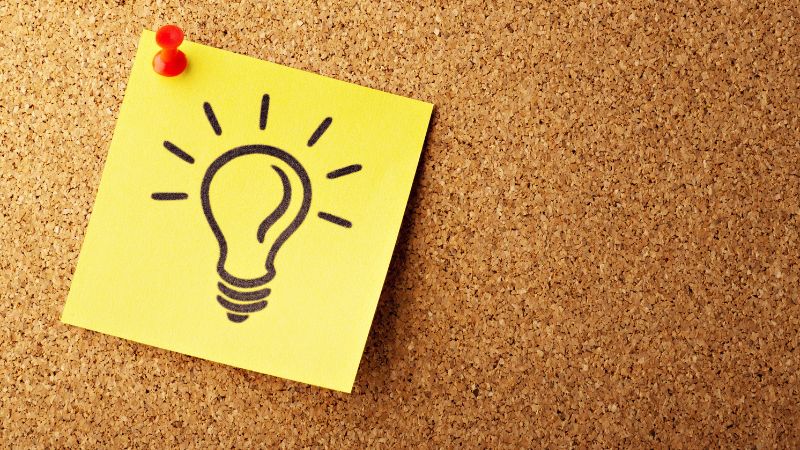
With neutral nouns, you add an -e to the end.
The big houses = De grote huizen
Final Tip:
To emphasize an adjective using Dutch grammar, you use the words’ heel’ or ‘erg’ before the adjective in the sentence.
Examples:
Really big = heel groot
Really tasty = erg lekker
Okay, now that you’ve got basic grammar, let’s learn some adjectives in Dutch!
Common Dutch Adjectives
Let’s dive into different types of Dutch adjectives. Get a notebook & pen ready!
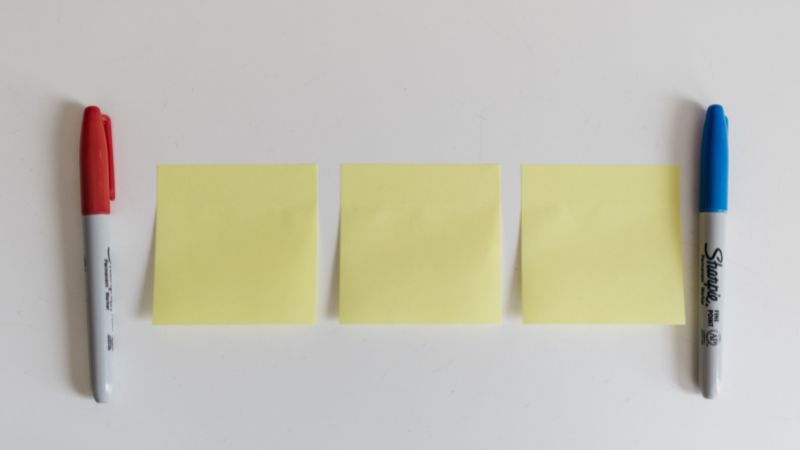
Dutch Descriptive Adjectives
You’ll be a Dutch writing wizard after learning these 30+ Dutch descriptive adjectives.
Dutch Numeral Adjectives
Need to describe things in Dutch using numeral values? Here are the most typical adjectives concerning numbers.
First, let’s get the numbers down.
Now that you know the basic numbers let’s add more numeral adjectives. These words will help you describe things more accurately!
Dutch Demonstrative Adjectives
If you want to become more fluent in the Dutch language, try using these demonstrative adjectives to express the relative position of a noun in time & space.

Learn Dutch With Ling
Learning Dutch is fascinating and fun! Knowing adjectives allows us to express ourselves more colorfully and concisely.
If you understand Dutch adjective conjugation and its function in a sentence, you’ll have the knowledge to confidently express yourself in the language!
Want to learn Dutch properly? Download the free Ling App today from the App Store and Play Store. It is a highly researched language-learning app for a fun and personalized experience. With Ling, you’ll smash your Dutch language goals with a little hard work and practice. Aside from Dutch, there are over 60+ foreign languages to learn on Ling. Download it today!
Check out 15+ Easy Ways To Ask How Are You In Dutch & #1 Ultimate Guide To Dutch Verb Tenses to learn more Dutch basics.
